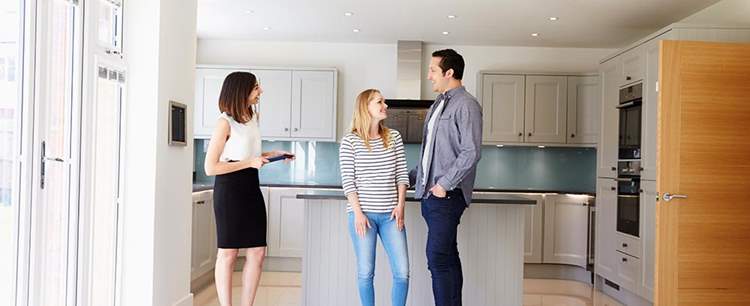As far as Covid-19 is concerned, we’re by no means out of the woods yet – and at least some of the current property news stories reflect that sad fact.
Helping you keep up to date with key developments, here are some recent property news headlines and views.
FCA tells lenders to keep helping those affected by Covid
The end of October marks the deadline for applications from borrowers for three-month mortgage repayment holidays. Some lenders – such as HSBC – have been warning customers that beyond the 31st of October any further support might impact their credit file.
The Financial Conduct Authority (FCA) has now weighed in with further advice urging lenders to continue more active financial support beyond the October deadline, reported Property Wire on the 23rd of October.
Lenders may be able to help in a number of ways, suggests the article, whether by agreeing a revised payment plan, or waiving, reducing, cancelling, or suspending further interest payments and charges on overdue mortgage instalments.
The FCA recognises that nearly a third (31%) of households have suffered a reduction in earnings because of the pandemic and is urging mortgage borrowers – whether or not they have already opted for a payment holiday – to speak to their lender if faced with further financial difficulties before they fall behind with their mortgage repayments.
The most expensive streets in the UK
“The street where you live” was a highlight in the musical My Fair Lady. Now you can find out whether it is also one of the most expensive streets in the UK, thanks to data compiled by online listings site Zoopla and published on the 12th of October.
Not unreasonably, the study distinguishes between property in London and that outside the capital in other regions and large counties.
There are probably not too many surprises when it comes to the highest-priced property in London. Taking first spot is any address in Kensington Palace Gardens – alongside Kensington Palace, of course, where the Duke and Duchess of Cambridge have an apartment. You’ll need to be an ultra-high net worth individual to afford the average £36 million it takes to buy a home here.
You’d also need to find a cool £18.6 million which is the average price for a home in Courtenay Avenue in Highgate, north London. For the second year in a row, the street occupies second place in the capital’s most expensive addresses.
The remaining top ten streets are dominated by addresses in Kensington and Chelsea – with two newcomers this year at Chelsea’s Mulberry Walk and St Albans Grove in Kensington, in eighth and ninth spots, respectively.
Outside of London, Surrey in the Home Counties steals eight of the top ten most expensive streets. Heading the list is Montrose Gardens, in Leatherhead, where the average home costs more than £6 million, followed closely by Titlarks Hill in Ascot (an exception, in the county of Berkshire) where the average property is valued at £5.9 million.
Several streets in nearby Virginia Water (which emerged as the first “million-pound town” some years ago) fill the remaining ten most expensive addresses in the Southeast.
Apart from London and the Southeast, there are a further 3,315 streets in the UK’s regions where property prices currently top the £1 million price tag. 1,761 are in the East of England, 527 are in the Southwest, 318 in the Northwest, and 259 in the West Midlands.
Evictions effectively halted across much of England and Wales
At the request of the government, members of bailiffs’ trade associations have agreed not to enforce eviction notices against tenants in areas of the country where Tier 2 or Tier 3 lockdowns are in place because of the current wave of the pandemic.
An article in Landlord Today on the 26th of October explained that, while landlords’ applications for the eviction of tenants could still proceed through the courts, bailiffs have agreed not to enforce any resulting court orders in locked-down areas of London, Merseyside, Greater Manchester, Wales and large parts of the Northeast.
Following agreement to the government’s request by the High Court Enforcement Officers Association, tenants under Tiers 2 and 3 restrictions are unlikely to be evicted until the 12th of January at the earliest.
Generation Z is the most likely age group to request home improvements from landlord
If you are a landlord, you might want to know which tenants are most likely to ask you to allow home improvements to your let property.
According to an article in the Independent newspaper on the 23rd of October, those requests are most likely to come from “Generation Z” – those tenants between the ages of 18 and 24.
In a recent survey, around a half of Generation Z tenants said they had already asked their landlords about carrying out home improvements or sprucing up the property they were renting. A further 61% said they intended to ask about interior decorating plans with their landlords over the coming 12 months.
In terms of finished results, more than a third of those surveyed are hoping for a minimalist, modern and tidy style, with a further 30% also looking to incorporate a home study workspace.






